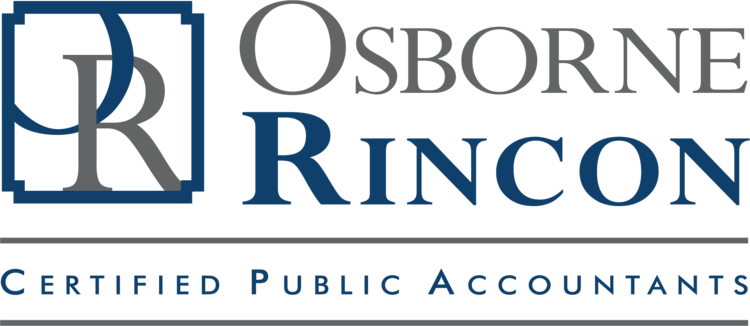There is much confusion over household workers and how to pay them, but the law is very clear-any person who works in your household (such as a nanny, caregiver, or personal assistant) who works at the will of the employer-i.e. the employer sets the hours, provides supplies and has the right to control how the work is done, should be classified as an employee. In several different cases, the IRS has ruled that household workers are to be classified as employees even when a written contract was in place specifically stating that the worker agreed to be an independent contractor.
A worker who sets their own hours and uses their own equipment (such as a gardener, or pool cleaner) is generally considered a contract laborer and not an employee. If you contract with an agency that you pay directly and it provides workers, and the agency is able to decide the schedule and which worker to send, then those workers are not employees. A person providing child care in their own home is not considered an employee. Additionally those under 18 years of age, spouses, and parents (in most cases) are not considered employees.
What does this mean to you if you pay someone for household services? If you pay the worker directly, regardless of whether they are full or part time, and regardless of how you pay them (by the job, or by the hour), you are most likely an employer. You may not hire the worker as an independent contractor and provide a 1099. Household employers paying over $1,900 per year are required to withhold the applicable payroll taxes from their employees' pay, file payroll returns with the government, and provide W-2s to their employees at the end of the year. Employers paying over $1,000 in any calendar quarter are required to submit and pay annual unemployment tax returns as well. You may be able to pay the Federal taxes with your personal tax return, however California will require quarterly returns and payments.
California labor laws apply to those employing even one employee, and include minimum wage requirements, unemployment reporting, overtime pay, the requirement to provide paystubs with every check, and providing worker's compensation insurance. Additionally, your employee will need to fill out an I-9 form to prove that they are legally working in the United States.
What are the benefits to complying with these restrictions?
Even after the employer tax and insurance costs, an individual employee may be more inexpensive than a contracted service. And you will be able to enjoy the continuity of employing the same individual instead of working with multiple persons provided by a service.
The IRS offers a generous credit to working persons paying for child care (or paying for a dependent such as a parent who needs caregiving), however to claim this credit you must submit the tax ID number of the person or business you are paying.
A Schedule A medical deduction is available for payments made for medically necessary caregiving.
If this record keeping sounds too complicated, don't despair. ORCPAs has a new payroll platform which can provide payroll services for household caregivers, including direct deposit and even the necessary worker's compensation coverage.
Contact Osborne Rincon CPAs at 760-777-9805 for more information on our services.
